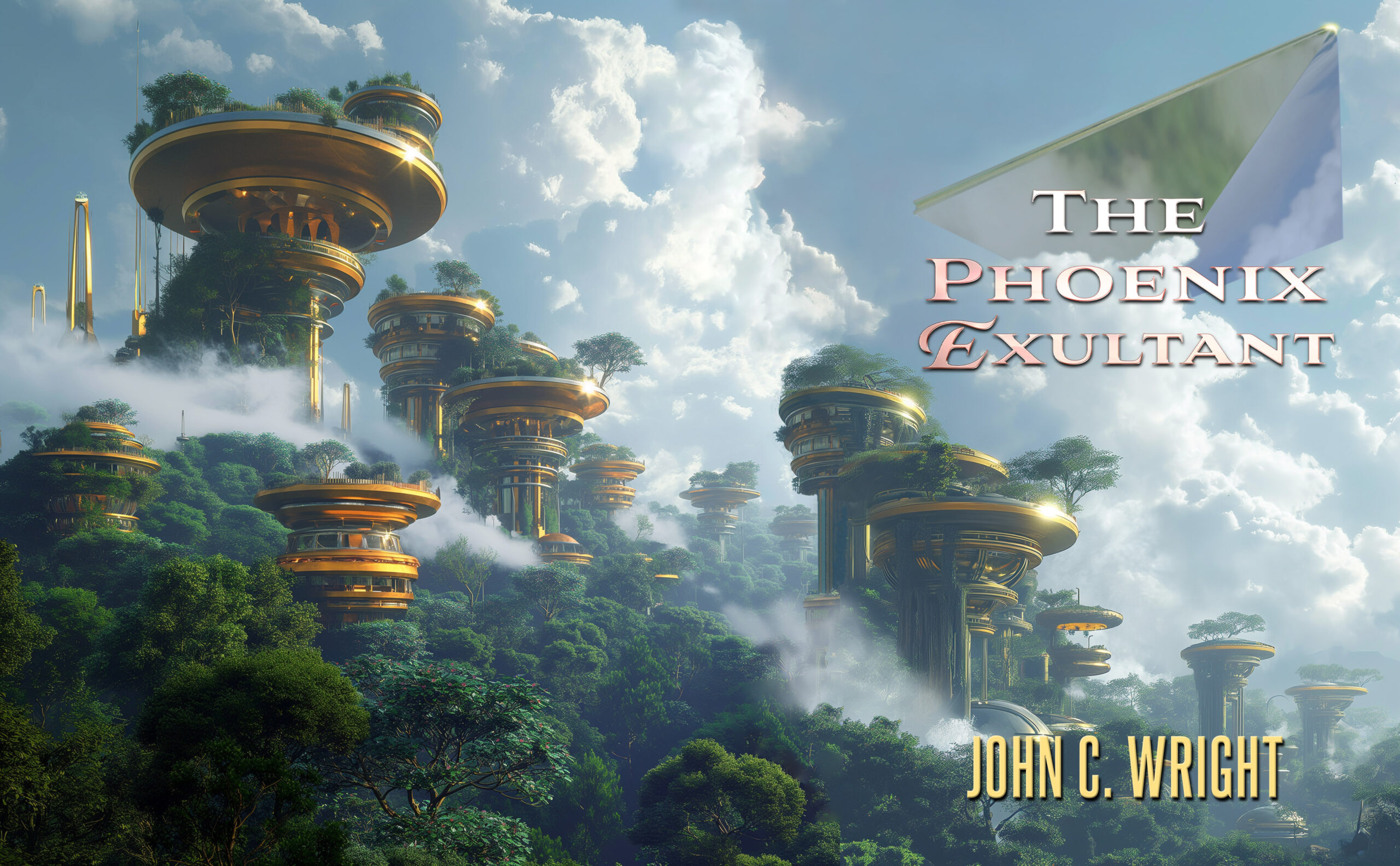This is a reprint of a column from 2011.
First, a word of background. I was clearing out old files, and came across this oddity: my own annotations and comments on a manuscript.
DARKNESS AND LIGHT by Olaf Stapledon was a novel I enjoyed, at least somewhat, in my youth, and I was favorably impressed with Olaf Stapledon’s breadth of imagination.
Rereading it with adult eyes, I am appalled.
This book was written in 1942, during the Second World War. It consists of a tale with no characters and no plot: or, rather, all mankind is the character, and all future history to the end of man or the abolition of man is the plot. With his characteristic Stapledonian gigantism and grandeur, the author escorts us down immensities, centuries and millennia flying past in a paragraph.
This is instead a history book of two fictional histories of the future, two branches of the time stream, one leading to darkness, and the other to light. As best I know, it is the first science fictional presentation of the theme of parallel and alternate timelines.
To my mind, Olaf Stapledon is nearly as inventive as HG Wells: galactic empires, dirigible planets, cosmic evolution, superhumanity, artificial elements, disembodied brains, and other basic science fiction tropes are his inventions. And yet he is rarely brought to mind as one of the founding giants of science fiction: Perhaps that is because his ideas were rarely brought to the public through radio or motion picture. There is no Orson Wells or George Pal that dramatized LAST AND FIRST MEN, or ODD JOHN, or SIRIUS before the ears and eyes of the general public.
The Narrator is an unidentified man of our era perceiving these things in a vision, perhaps the same man who performs a similar ‘framing sequence’ function in STARMAKER by the same author.
For the purposes of savaging him in this commentary, I called him ‘Olaf.’ Whether the opinions of Olaf the Narrator are the same as those of Olaf Stapledon the Author, I leave to wiser heads than mine.
Second, a word of explanation:
Any reader taken aback by the venom of my comments must understand that mine is akin to the fury of a fanboy scorned, of whom it is said Hell hath no Fury. Olaf Stapledon, if I may use the embarrassing metaphor, was a childhood crush of mine, an author beloved of my imagination.
But when I read him back then, in the innocence of youth, the political references sailed lightly over my head. Now that I am taller, they slap me in the face.
 Read the remainder of this entry »
Read the remainder of this entry »


